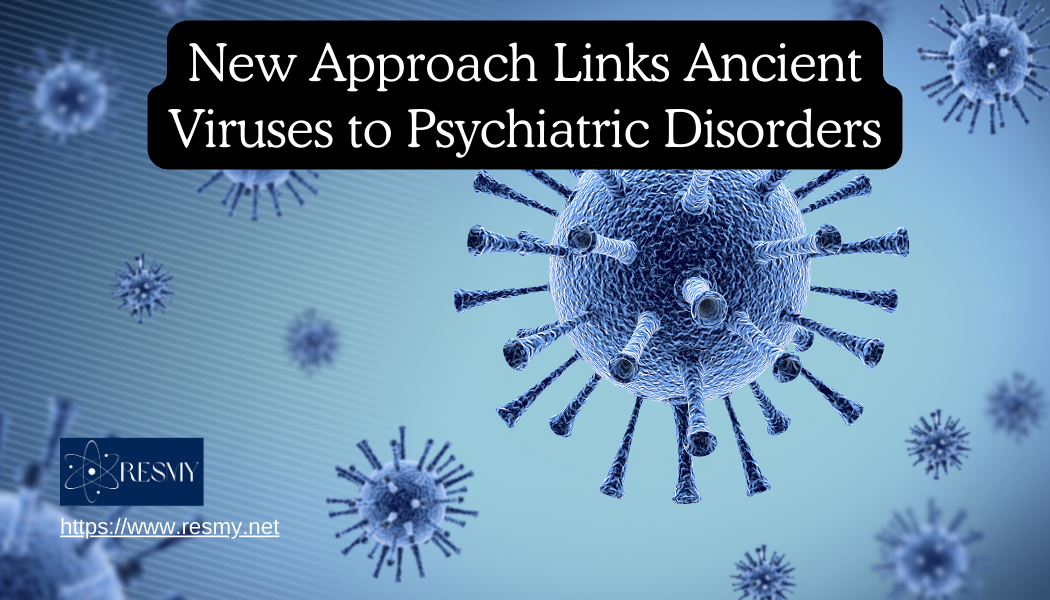A new study has shed light on the potential role of ancient viruses in the development of psychiatric disorders. Researchers employed a novel technique called retrotranscriptome-wide association study (rTWAS) to investigate the link between human endogenous retroviruses (HERVs) and mental health conditions.
HERVs and the Human Genome
HERVs are remnants of ancient viruses that inserted themselves into the human genome millions of years ago. These viral sequences make up about 8% of our DNA and while most are inactive, some can still be expressed. The study suggests that these expressed HERVs may play a part in the development of schizophrenia, bipolar disorder, major depressive disorder, attention deficit hyperactivity disorder, and autism spectrum conditions.
Traditional Methods and Limitations
Previous studies investigating the connection between HERVs and psychiatric disorders were limited by methodological shortcomings, small sample sizes, and inconsistent findings. This new rTWAS approach overcomes these limitations by using genetic data and RNA sequencing from a large cohort to precisely locate HERV expression in the genome.
New Findings and Future Directions
The study identified specific HERVs associated with an increased risk for schizophrenia, bipolar disorder, and major depressive disorder. These HERVs belonged to different families than those previously implicated in these conditions, highlighting the importance of precise HERV expression analysis.
The researchers also observed co-expression networks linking the activity of HERVs with canonical genes, suggesting potential roles for HERVs in neurobiology. Further functional studies are needed to understand the precise mechanisms by which HERVs influence psychiatric disorders.
Overall Significance
This study provides compelling evidence for the involvement of HERVs in psychiatric disorders. The rTWAS method paves the way for further exploration of the complex interplay between these ancient viral sequences and mental health. Future research holds promise for a better understanding of the underlying causes of psychiatric conditions and the development of novel therapeutic strategies.
Other Topics: Medicine and Health Science, Natural Science, Agricultural Science, Engineering & Technology, Social Sciences & Humanities

